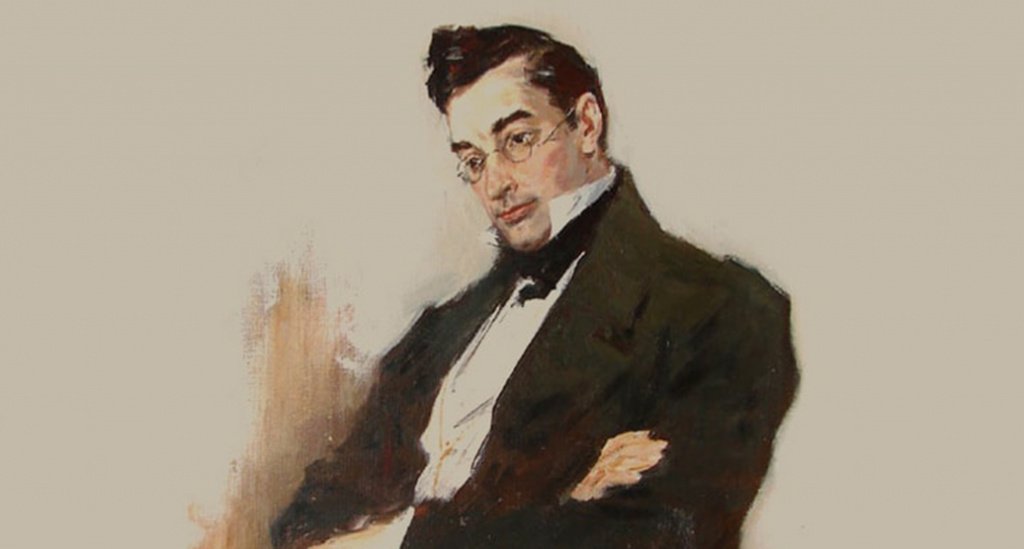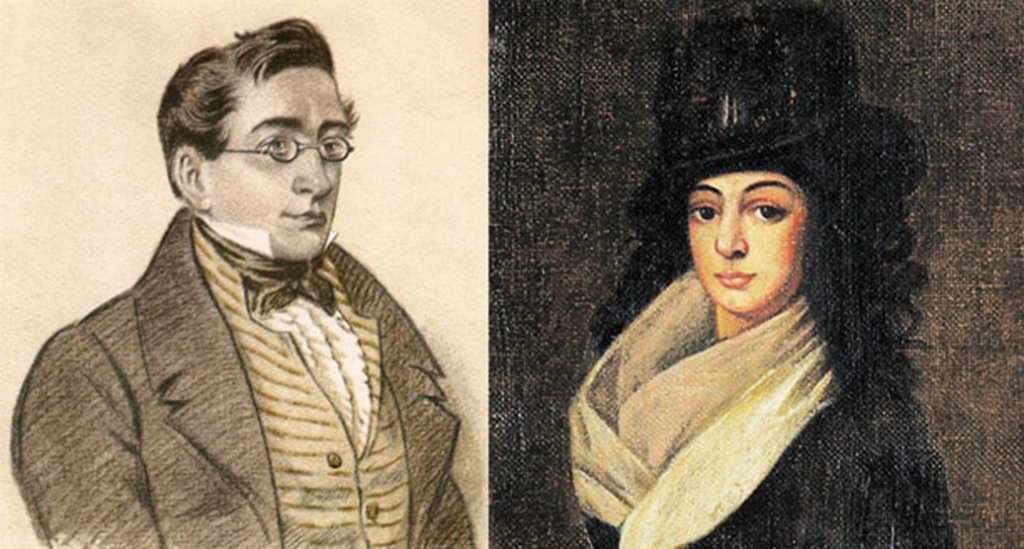|
|
Alexander Sergeyevich Griboyedov
January 15th marks the 230th birth anniversary of Alexander Sergeyevich Griboyedov (1795-1829) – one of the brightest figures of Russian XIX century literature whose works remain relevant and interesting to this day. Alexander Sergeyevich was a diplomat and a linguist, a historian and an economist, a musician and a composer. Yet, he considered the literature his life’s work. Griboyedov is mostly famous for his verse comedy play Woe from Wit (1824)that is still regularly performed in Russian theatres and is a source of numerous catch phrases (for example, “Happiness takes no account of time”).This play became a big event of Russian culture, but it could not have been published due to the censorship, so the readers shared handwritten copies - their number was close to book reprints of that time (45 thousand copies). Alexander Griboyedov had so much knowledge in different fields that he managed to enter the university when he was only 11 years old. According to A. S. Pushkin, Griboyedov was one of the most educated people of his time and “one of the smartest people in Russia”. Alexander was fluent in European languages, such as French, English, German, Italian, Greek and Latin; later he also learnt the eastern ones – Arabian, Persian and Turkish. He was also a good musician, he played the piano and was a talented composer (two of his knows waltzes for piano: https://yandex.ru/video/preview/4174052957885913075). By the beginning of the Patriotic war of 1812 Griboyedov was 17 years old, but he quit his scientific education to join Moscow hussar regiment (the reserve unit). Fortunately, hedid not have a chance to participate in battle – the unit remained in the back until the end of the war. In 1826, the writer was accused of aiding the Decembrist revolt. He was arrested and spent half a year in prison. Since no hard evidence against him was found, he later returned to his service in the Ministry of Foreign Affairs. During the Russo–Persian War of 1826–1828,Griboyedov was involved as a diplomat and prepared the beneficial for Russia Treaty of Turkmenchay. In March 1828, he brought the peace treaty documents to St. Petersburg and received the Order of Saint Anna, the rank of State Councilor and was sent to Persia as Minister Plenipotentiary. In the aftermath of the war,there was strong anti-Russian sentiment in Persia.The incident began when an Armenian eunuch and twoenslaved Armenian women escaped from the harem of the Persian shah. All three sought refuge at the Russian legation. As agreed in the Treaty of Turkmenchay, Georgians and Armenians living in Persia at that time were permitted to move to Russian-controlled Georgia and Eastern Armenia. However, the Shah demanded that Griboyedov return the three escapees. Griboyedov refused. His decision caused an uproar throughout the city and a mob stormed the Russian embassy. In the end, Alexander Griboyedov was violently killed. The year before his death, the writer married Nino, the 16-year-old daughter of his friend Prince Chavchavadze. Nino lived another thirty years, rejecting all suitors and winning universal admiration for her fidelity to her husband's memory. Griboyedov was buried in Tiflis on the mountain of St. David. His wife had written on his tombstone: “Your mind and works are immortal in Russian memory, but why has my love outlived you?"
|

 DEDICATED TO THE 230TH BIRTH ANNIVERSARY OF ALEXANDER GRIBOYEDOV
DEDICATED TO THE 230TH BIRTH ANNIVERSARY OF ALEXANDER GRIBOYEDOV